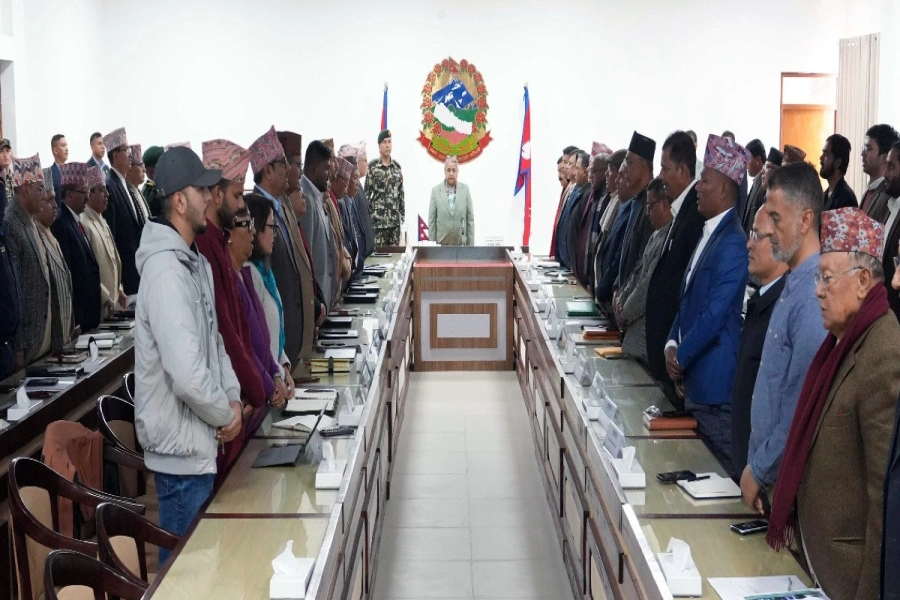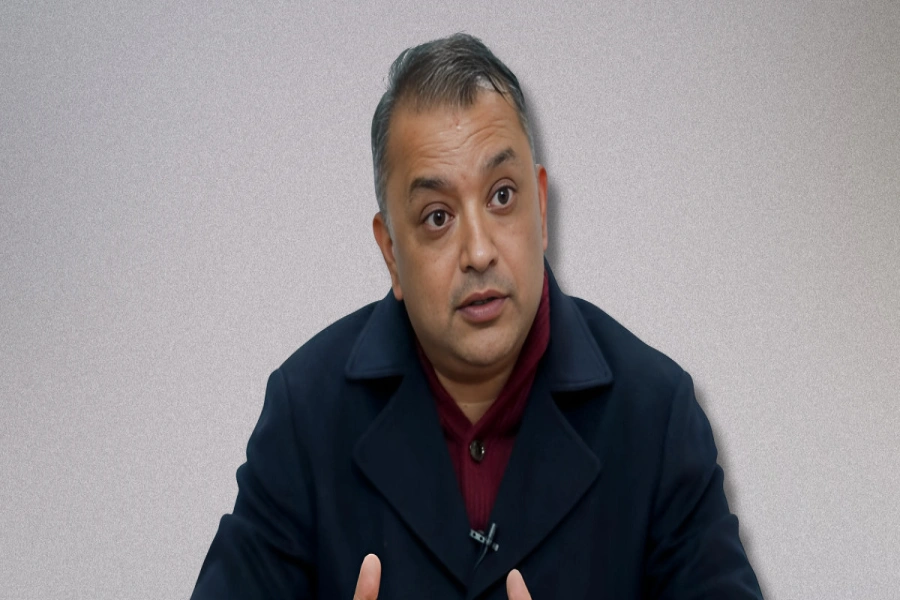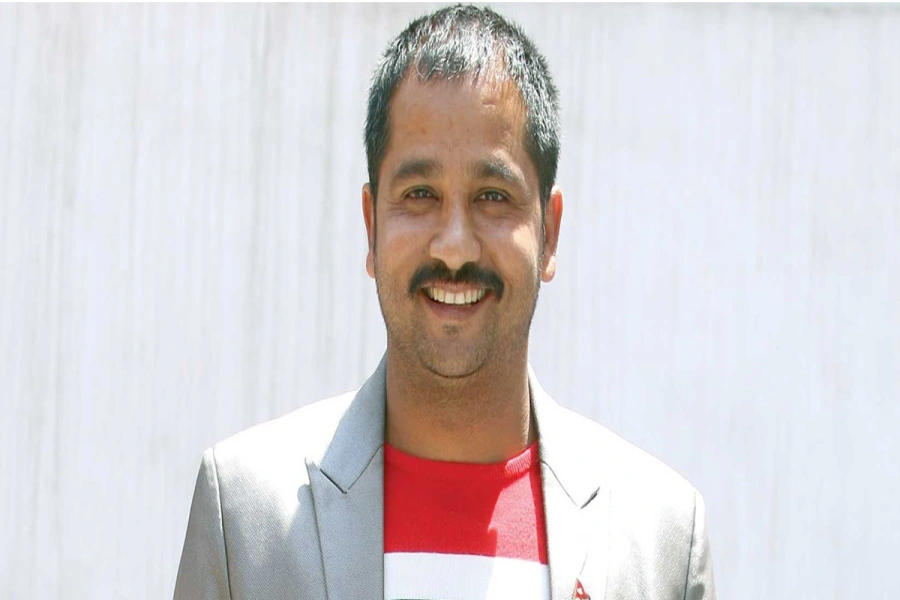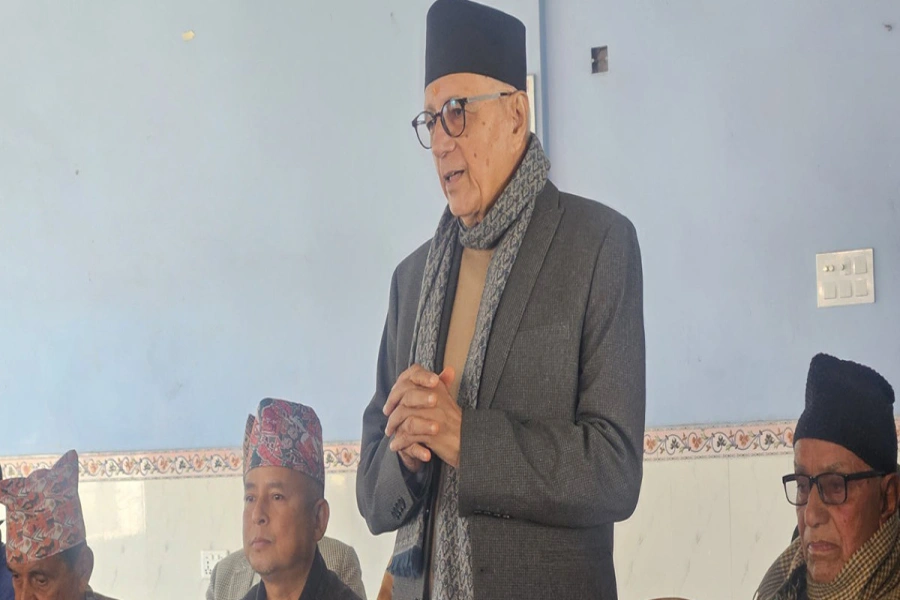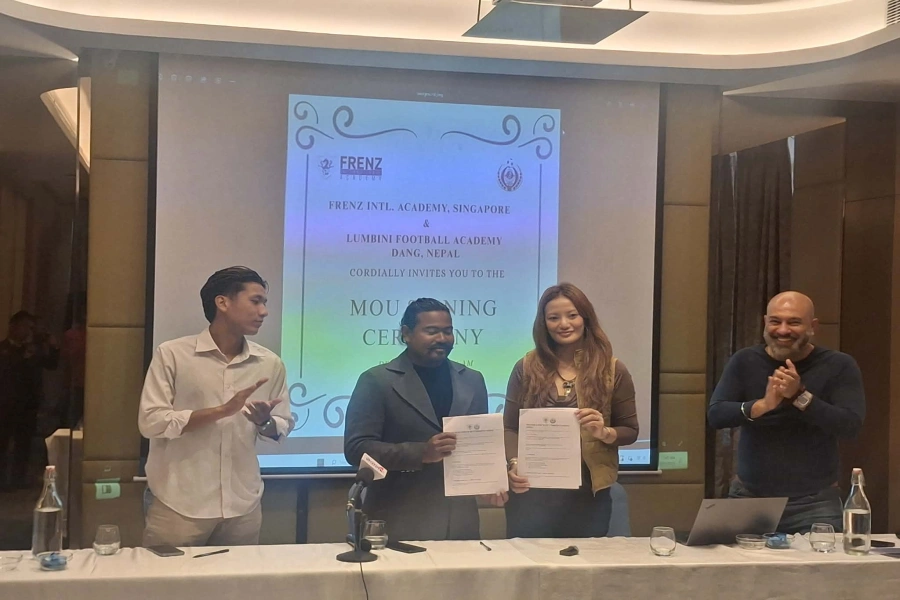KATHMANDU, March 21: Attorney General Dinmani Pokharel has decided not to pursue a case related to the misuse of the passport of Rabi Lamichhane, chairman of the Rastriya Swatantra Party (RSP). On Monday, Attorney General Pokharel, on behalf of the government, decided not to file a case against Lamichhane on the issue of passport, on the same day that RSP gave a vote of confidence to Pushpa Kamal Dahal. Even if the Attorney General Pokharel has decided not to proceed with the case, the option to file a writ petition at the apex court against the attorney general’s decision is still open. If the decision made by the Attorney General is flawed, there is a legal provision that a case can be filed. There are examples of petitions filed at the Supreme Court against the Attorney General's decision if the Attorney General decides not to proceed with a case. On top of that, the Supreme Court has also explained that if the Attorney General's decision is wrong, one can go to the Supreme Court and register a petition.
Some examples
Some 13 years ago, the attorney general's office decided not to pursue Suntali Dhami's case. A writ petition was filed against it at the Supreme Court. The Supreme Court explained that the decision made by the Attorney General can be final only for the government agencies. It was held that 'though Article 135 of the Constitution of Nepal, that the constitution has given the said powers to the Attorney General, but the Attorney General cannot limit or abridge or control the extraordinary powers of the Court under Article 107'. A joint bench of Justices Balram KC and Bharatraj Upreti issued an explanation in Dhami's case on November 30, 2009.
It is stated in Article 107 (2) of the Interim Constitution of Nepal 2007, that the constitution gives the Supreme Court the extraordinary right to issue appropriate orders or settle disputes for the enforcement of fundamental rights granted by the Constitution or if there is no provision for other solutions, if the solutions are insufficient or ineffective, or for determining questions involving public rights concerns. Under the constitutional provisions, the court explained that for the sake of complete justice, the decision made by an agency or official can be judicially reviewed.
Writ Petition filed at SC against attorney general’s decision n...

Decision not to prosecute
Deputy Attorney General Sanjeev Raj Regmi, who is also the spokesperson for the attorney general's office, informed Republica that the attorney general decided not to file a case against Lamichhane on Monday. He said that such a decision was made because the attorney general has the final authority to decide whether to prosecute someone on behalf of the government. On December 25, 2022, a government was formed with UML under the leadership of Pushpa Kamal Dahal. At that time, Lamichhane was appointed as the home minister on behalf of RSP in the government. A case against his citizenship was registered at the Supreme Court. Lamichhane, who was elected from Chitwan Constituency 2 to the House of Representatives (HoR) elections held last November 20, 2022 lost all his positions after the Supreme Court decided to cancel his candidacy over the issue of citizenship.
A week ago, the police sent a detailed report to the Office of the Attorney General, Kathmandu, with the opinion not to prosecute Lamichhane. The High Government Attorney's Office, Patan, upheld the district attorney’s decision.
Agreeing to the opinion of the police, the attorney general, acting as the public prosecutor, approved the decision. The attorney general has been given the constitutional right to make the final decision on whether or not to prosecute a person on behalf of the government. The attorney general is the chief legal advisor to the government. Even while withdrawing a registered case on behalf of the government, the opinion of the attorney general has to be taken.
A complaint was lodged about Lamichhane taking a Nepali passport through his old Nepali citizenship while he was an American citizen. The district police Office, Kathmandu investigated the matter and submitted a report with an opinion to the public prosecutor. The police investigated and submitted the report to the Office of the Attorney General, deciding not to proceed with the case.
Police mentioned in the report that since Lamichhane has obtained new citizenship according to the order of the Supreme Court, no false details were submitted in the citizenship and passport and there was no misuse. Attorney General Pokharel agreed with the opinion given by the police that Lamichhane had not used his Nepali passport while he had an American passport, his American passport has now been canceled by the passport department and he has not submitted any false information.
The Supreme Court held that only Nepali citizens have the right to exercise political rights in Nepal and ruled that dual citizenship cannot be maintained at the same time. Lamichhane lost his position as home minister and parliamentarian after the Supreme Court dismissed him as a candidate for the House of Representatives on the basis of old citizenship by disobeying the legal process of Nepal. Soon after that, Lamichhane went to the District Administration Office (DAO) and obtained a new citizenship according to the procedure.
There was a controversy over Lamichhane taking a Nepali passport on the basis of his old Nepali citizenship, even though he was carrying an American passport. The Supreme Court has said that the issue of passports should not be mentioned further in the decision on citizenship.
"Regarding the provisions related to obtaining a passport or travel permit by giving false information, it has been found that there is a matter that should be reported according to the prevailing law and the fact that the passport issue is being investigated based on the answers of the Ministry of Home Affairs and the District Administration Office, Kathmandu has also been revealed," said the Supreme Court in the judgment regarding Lamichhane's citizenship. The SC further stated, "In the context of Lamichhane, it was seen that the dispute was related to his citizenship qualification and the issue of passport was not seen to be related to the candidate's qualification during the election, so it is not needed that Lamichanne should repeat once and again about the fact that he obtained a Nepali passport in 2015.”




